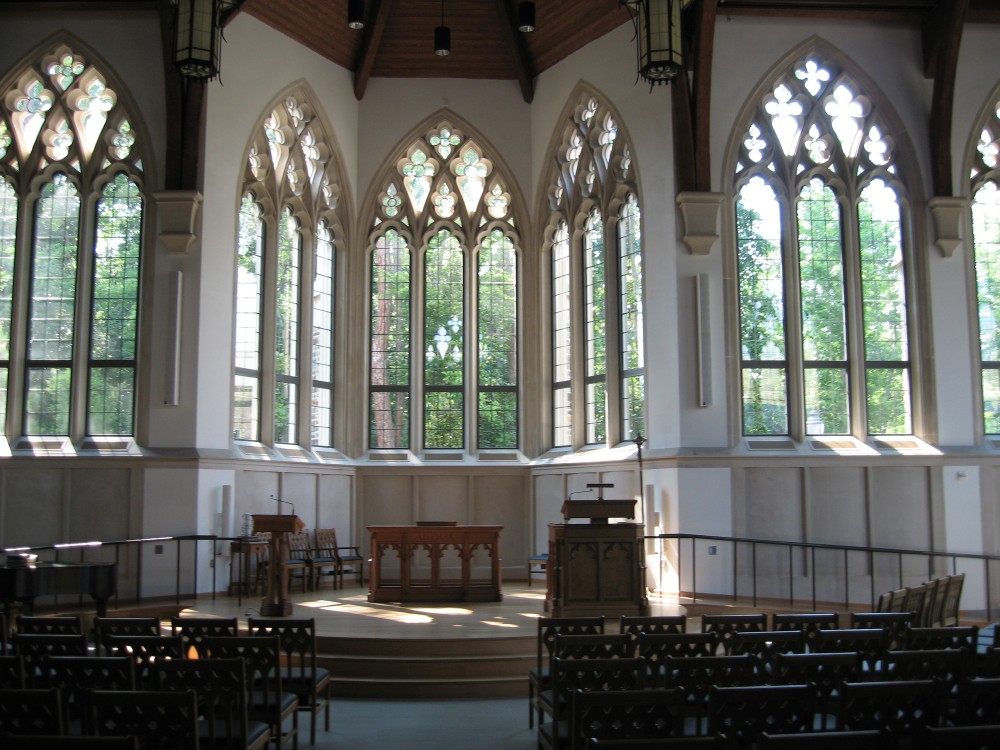For many schools, the MDiv is moving online for good

Logan Lawrence had already been accepted to Duke Divinity School when she heard that the school would also be offering a mostly online version of the three-year master of divinity program beginning this fall.
She immediately called to ask if she could switch her enrollment to the so-called hybrid program, which will require only one week of in-person classes each semester.
Lawrence, 20, who works as a youth pastor at a United Methodist Church in Montgomery, Alabama, is engaged to a man serving in the US Army.





